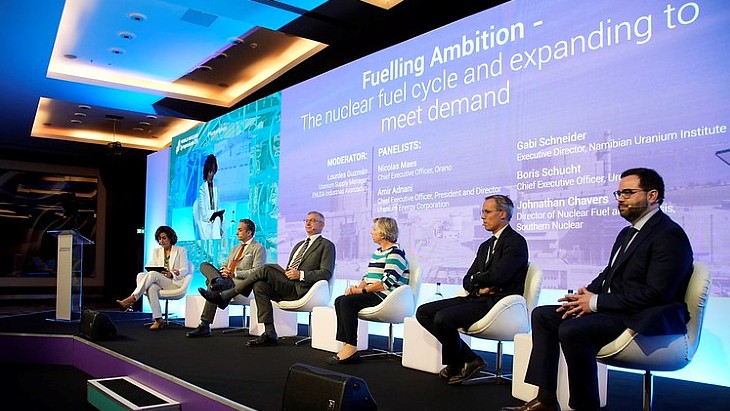
A couple of years after its initial boom, artificial intelligence (AI) still remains a huge buzzword in the fintech industry, as every firm looks at a new way of integrating the tech into its infrastructure to gain a competitive edge. Exploring how they are going about doing this in 2025, The Fintech Times is spotlighting some of the biggest themes in AI this February.AI has taken the world by storm, massively impacting the customer service sector. However, while some organisations may feel that they can replace human workers with technology, the ‘human touch’ remains an important factor for many consumers. But how important is human contact in a world where AI has the potential of a faster, more streamlined customer service experience?Empathy and critical thinking neededAllen Bonde the CMO at TreviPayPerhaps AI’s biggest flaw is its inability to understand a situation from an emotional standpoint. In finance, empathy with someone’s situation is an absolute must and according to Allen Bonde the CMO at TreviPay, the B2B payments firm, this is why the human touch is still needed in a...


